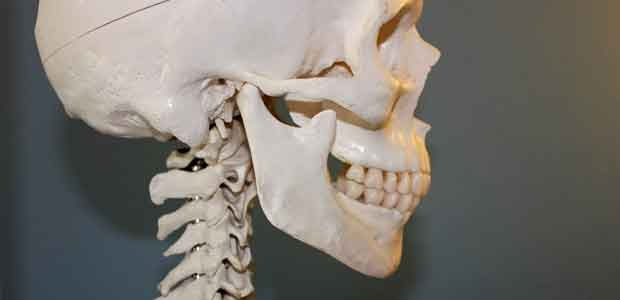Vitamin K-dependent proteins in our bones have revealed just how important this vitamin is for bone development, acting as a regulator and channeler of calcium into tissues. Vitamin K helps guide calcium to areas of the body where it is needed, such as the skeleton, and away from areas where it could have a negative effect, such as the cardiovascular system.
Putting calcium in the right place
Do you take vitamin D or calcium for strong bones? If so, I've got good news and bad news for you. Let's get the bad news out of the way first. In April 2011, nutrition researchers demonstrated, for the third time, that women who take calcium supplements, with or without vitamin D, are about 20% more likely to have heart attacks and strokes than women who don't. Millions of women take calcium supplements to increase bone density and reduce the risk of osteoporosis and hip fractures. However, it seems that some of the calcium taken does not reach the bones and clogs the arteries, causing heart disease.
The good news is that further research has recently identified a nutrient that can guide calcium safely to the bones and teeth, where we need it, and away from the arteries, even dislodging pre-existing calcium deposits there. It's vitamin K2, a long-misunderstood fat-soluble vitamin that works with vitamin D to get calcium to where it's needed. If you're concerned about the health of your bones or your heart, understanding the role of vitamin K2 will help you better manage the nutritional conundrum that can lead to so many health problems.
Vitamin K2 was once very present in our diet. Back in the days when animals fed on meadows, foods such as eggs and butter were packed with vitamin K2. With the advent of factory farming, vitamin K2 levels plummeted and deficiencies began to appear. So how do we get vitamin K2 back on our plates? Animal feed and certain cheeses, such as Gouda and Brie, are very rich in vitamin K2, as are goose liver and a Japanese food made from fermented soybeans called natto. If you don't eat these foods on a regular basis, the Natural Factors Vitamins K and D provide 120 mcg of vitamin K2 (natural MK-7) and 1000 IU of vitamin D in each capsule. One capsule a day is a good maintenance dose for adult health. Check with your doctor before taking vitamin K2 supplements if you are taking anticoagulant drugs such as warfarin.
Naturopathic doctor Kate Rhéaume-Bleue is a natural health specialist, lecturer and frequent media interviewee. Her first book is entitled Vitamin K2 and the Calcium Paradox: How a Little Known Vitamin Could Save Your Life (Wiley & Sons, 2012).


